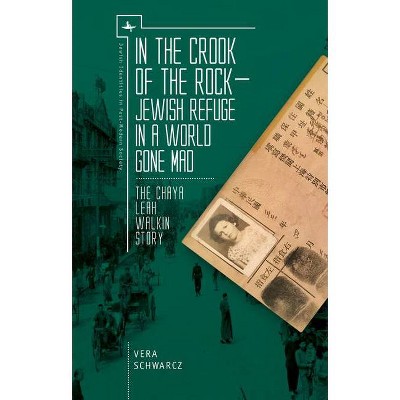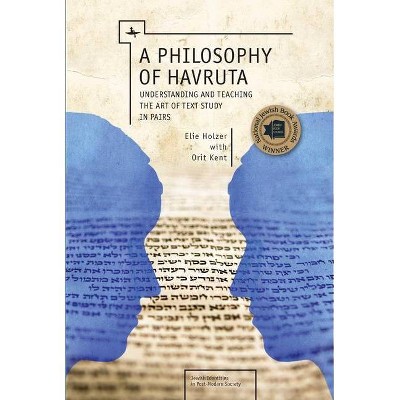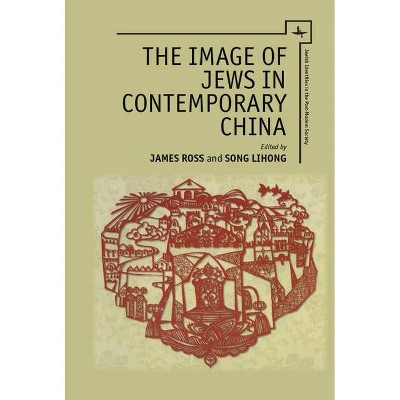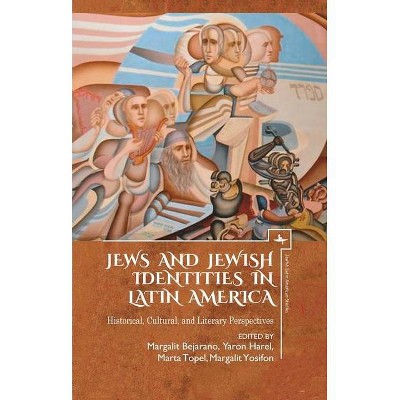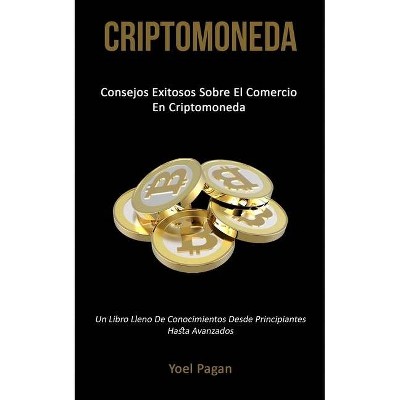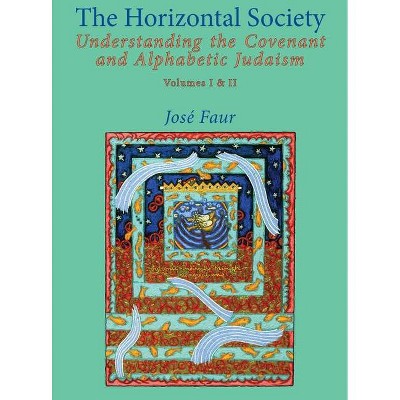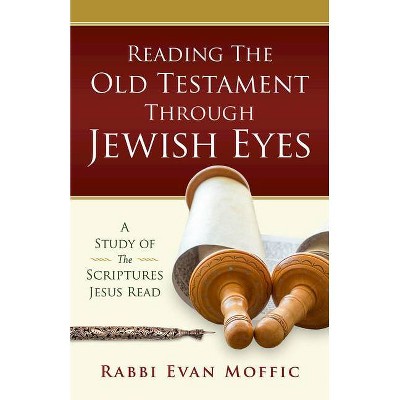Strictly Kosher Reading - (Jewish Identities in Post-Modern Society) by Yoel Finkelman (Paperback)
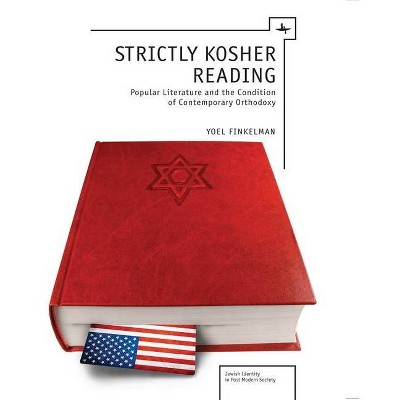
Similar Products
Products of same category from the store
AllProduct info
<p/><br></br><p><b> About the Book </b></p></br></br>For centuries, fervently observant Jewish communities have produced thousands of works of Jewish law, thought, and spirituality. But in recent decades, the literature of America's Haredi (ultra-Orthodox) community has taken on brand-new forms: self-help books, cookbooks, monthly magazines, parenting guides, biographies, picture books, even adventure stories and spy novels. Finkelman examines why the Haredi world, as it seeks fidelity to unchanging tradition, so radically changed what it writes and what it reads.<p/><br></br><p><b> Book Synopsis </b></p></br></br>For centuries, fervently observant Jewish communities have produced thousands of works of Jewish law, thought, and spirituality. But in recent decades, the literature of America's Haredi (ultra-Orthodox) community has taken on brand-new forms: self-help books, cookbooks, monthly magazines, parenting guides, biographies, picture books, even adventure stories and spy novels - all produced by Haredi men and women, for the Haredi reader. What's changed? Why did these works appear, and what do they mean to the community that produces and consumes them? How has the Haredi world, as it seeks fidelity to unchanging tradition, so radically changed what it writes and what it reads? In answering these questions, 'Strictly Kosher Reading' points to a central paradox in contemporary Haredi life. Haredi Jewry sets itself apart, claiming to reject modern secular culture as dangerous and as threatening to everything Torah stands for. But in practice, Haredi popular literature reveals a community thoroughly embedded in contemporary values. Popular literature plays a critical role in helping Haredi Jews to understand themselves as different, even as it shows them to be very much the same.<p/><br></br><p><b> Review Quotes </b></p></br></br><br>Haredi Judaism is still in its early stages of development, but has already been the focus of numerous scholars, most of whom look at the learned writings of this community. In this new book, Yoel Finkelman has opened up for us the world of popular culture and thought in the haredi world. His concern is how haredim view themselves and how they write about their community and history. At the same time that haredi society attempts to create walls between itself and the wider culture, its writngs for the masses are very much influenced by general trends, even in areas as important as marriage and parenting. Combining keen sociological insight with historical knowledge, Finkelman is a wonderful guide to the recent trends in haredi society.--Marc Shapiro<br><br>In Strictly Kosher Reading, Yoel Finkelman introduces, interrogates and theorizes contemporary Haredi (ultra-Orthodox) popular literature of a variety of genres, from fiction to biography to popular theology, revealing the tensions inherent in a tradition that simultaneously rejects American culture while adapting--and sometimes adopting--its values and attitudes. As such, the book provides fascinating insights into an aspect of Haredi culture little known outside of Orthodox Jewish circles in a scholarly, yet highly accessible, way.--Mary Ann Beavis, Founding Editor, Journal of Religion and Popular Culture<br><br>The noteworthy technique of this work is its analysis of trendy haredi literature . . . since the fashionable writing of Western culture is inconsistent with the religious values of haredi Jews, a literature has emerged written by and published for this community, reflecting their values and seeking to promote their worldview. This is the central focus of Finkelman s insightful book, which examines how haredi Jews understand themselves; how and why they strive to be distinct; and ironically, how they are deeply influenced by the society from which they struggle so hard to be detached.--Moshe Sherman, Touro College, H-Net Reviews<br><br>Yoel Finkelman critically investigates a community that he simultaneously inhabits and questions. A modern Orthodox Jew himself, he discovers an often hypocritical grooming of the literature, its publishers and hierarchy within the Ultra Orthodox Haredi community. . . . Finkelman stands with only a handful of scholars such as Jeremey Stolow (author of Orthodox by Design: Judaism, Print Politics, and the Artscroll Revolution, 2010) who have taken a risk to reveal and criticize their own Jewish community. This scholarship calls for more critical analysis and post modern identity theory in Jewish Studies internationally.--Tamar H. Havilio, Hebrew Union College "American Studies Journal, Vol. 52, no. 3"<br><br>Yoel Finkelman presents a penetrating and fascinating analysis of the ways in which American "haredi" ("ultraorthodox") writers and educators use the broader culture to create and maintain clear boundaries between themselves and the outside society and culture. With acute observations and a very effective writing style, this book is for anyone interested in the areas of American Orthodox Judaism, Jewish education, religion and media, as well as the broader social scientific area of culture and cognition.--Chaim I. Waxman, Rutgers University<br><p/><br></br><p><b> About the Author </b></p></br></br>Yoel Finkelman (Ph.D. Hebrew University) is a lecturer in the Interdisciplinary Graduate Program in Contemporary Jewry at Bar-Ilan University. He teaches Talmud and Jewish Thought at Midreshet Lindenbaum in Jerusalem, and is the Director of Projects and Research at ATID, a Jerusalem-based organization that provides resources and training for Jewish educational leadership.
Price History
Price Archive shows prices from various stores, lets you see history and find the cheapest. There is no actual sale on the website. For all support, inquiry and suggestion messagescommunication@pricearchive.us
